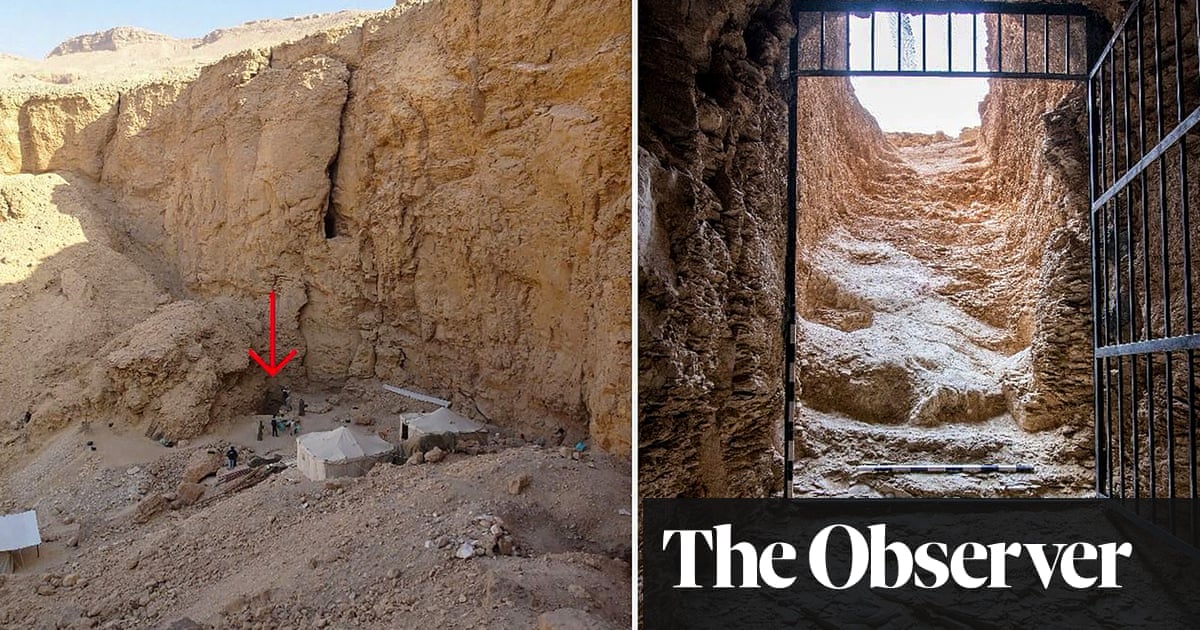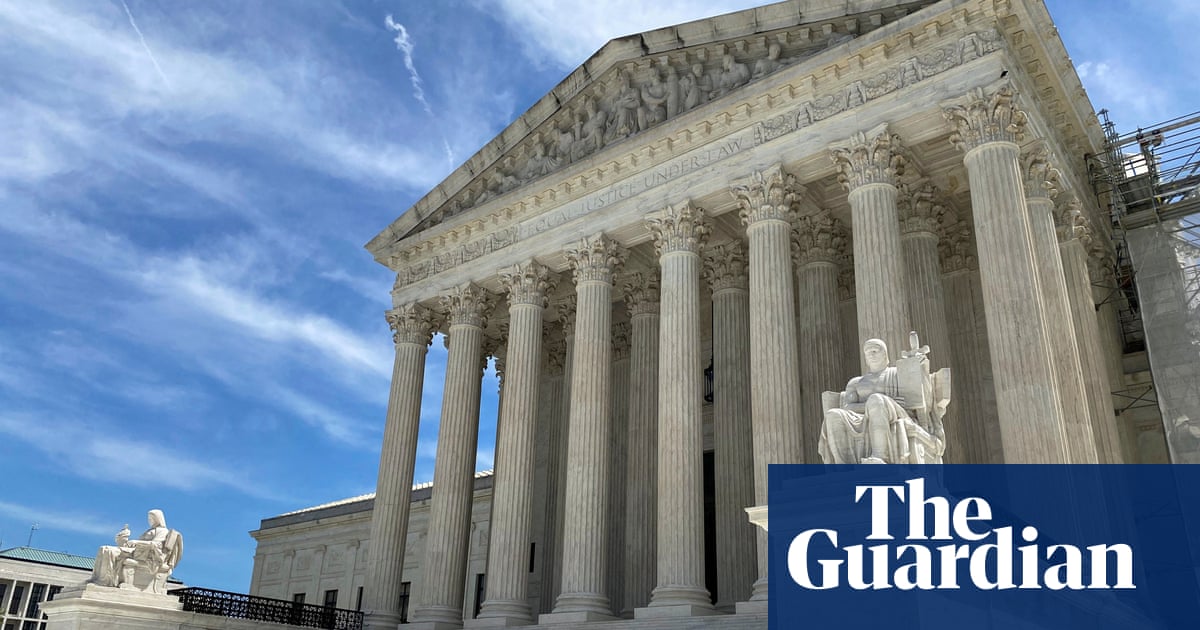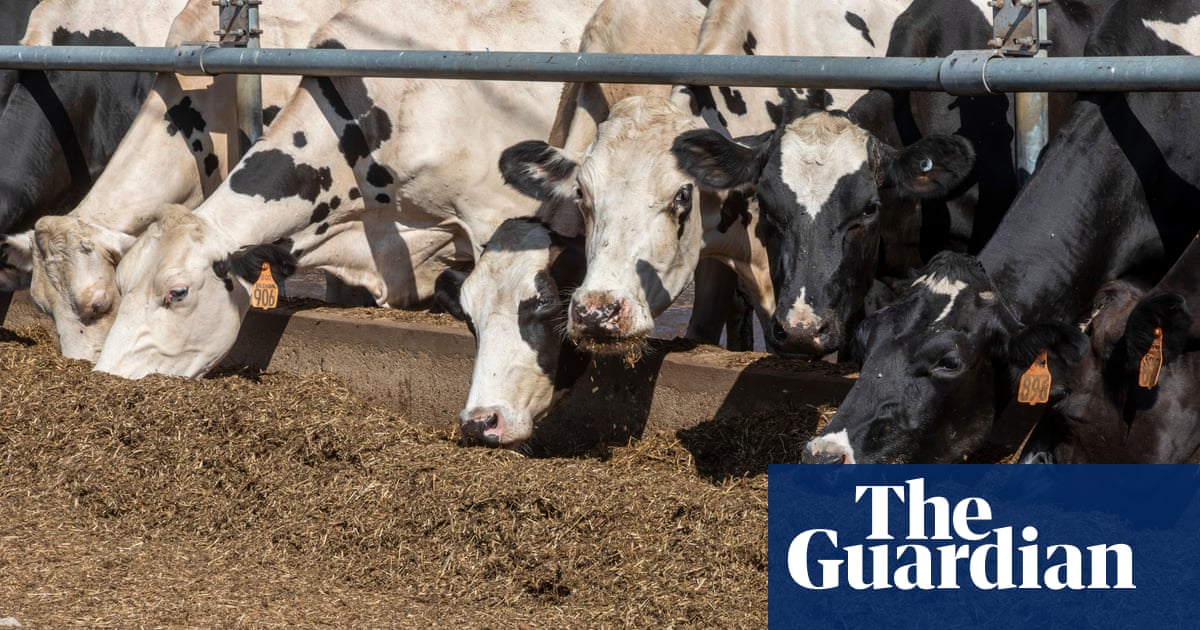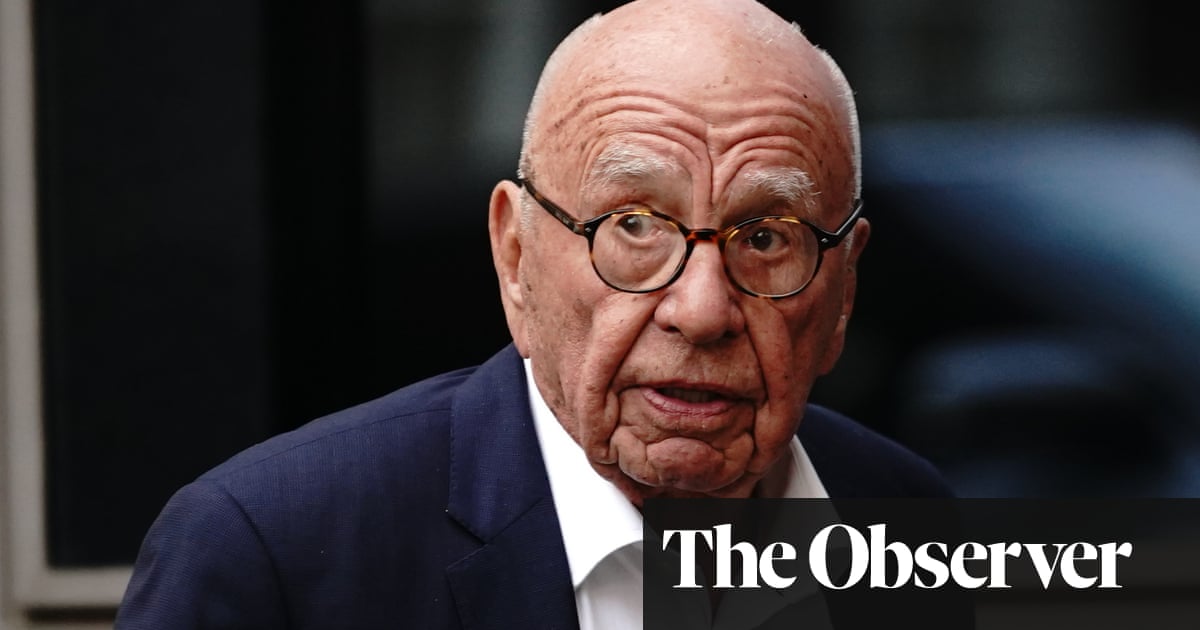Renewable energy is now “unstoppable”, and no government can prevent the shift to a global low-carbon economy, UK energy secretary Ed Miliband has said.
He said the UK was acting out of national self-interest by taking a global lead on cutting greenhouse gas emissions and boosting financial help available to poor countries at crunch UN climate talks this week.
“No one government or one country can stop this transition happening,” he told the Guardian at the Cop29 summit. “That’s because people see the economic advantages of making this transition. And because countries are being affected daily by the climate crisis. It’s the reality facing countries across the world.”
The Cop29 talks, which began in Azerbaijan on Monday and will continue for another week, have been overshadowed by the re-election of climate-denying Donald Trump as US president. He has vowed to withdraw the US from the Paris climate agreement when he takes office in January, and reverse policies on cutting greenhouse gas emissions and promoting clean energy.
Miliband’s comments came as leading climate experts wrote to the UN asking for the Cop process to be overhauled, saying it should in future be held more frequently and only in countries supportive of climate action. This year’s host, Azerbaijan, is a major fossil fuel producer and before the conference one member of the organising team was filmed appearing to offer help striking fossil fuel deals.
In another blow to the talks, Argentina’s populist president, Javier Milei, ordered the dramatic withdrawal of the country’s Cop delegation on Wednesday night, a move regarded as a tribute to Trump. No more countries are expected to follow, but many at the talks fear it could embolden those who would stymy progress.
Miliband rejected this analysis. “There is determination here that this transition is going to happen now. It’s got to happen in the right way, and it’s got to happen with the urgency that’s required. But it’s happening, and it’s unstoppable,” he said.
Falling prices for renewable energy, and its advantages over volatile fossil fuels, would ensure the shift to a low-carbon economy continued, he said. “It’s only going in one direction. How quickly it goes is partly the job of government. It’s not going fast enough.”
Miliband has taken personal charge of the negotiations at Cop29, in contrast to his Conservative predecessors who mostly delegated the task to junior ministers and officials. This year’s talks are focused on providing financial help to poor countries, to help them cut their greenhouse gas emissions and cope with the impacts of climate-driven extreme weather.
Developing countries want $1tn a year in climate finance. Nicholas Stern, an economist, said it was “absolutely possible” for developed countries to meet such a pledge if about half the total came from the private sector, a quarter from the World Bank and its fellow institutions, and the remainder from a mixture of overseas aid from rich countries, and potential new taxes such as a frequent flyer levy and a charge on shipping.
The UK prime minister, Keir Starmer, who attended the world leaders’ segment of the Cop earlier this week, announced fresh commitments on cutting carbon that were widely hailed as strong and ambitious, and confirmed the UK’s £11.6bn pledge to developing countries.
For the UK to take a lead on climate action, and help the poorest, made sense for British taxpayers, Miliband said.
“We need developing countries to take the low-carbon path, because otherwise we’ve got no chance of keeping global warming to 1.5C or even 2C [above preindustrial levels]. Getting finance to developing countries so that they can is absolutely in our national self-interest,” he said. “Otherwise we’re going to have climate breakdown and future generations will hold us in infamy, and rightly so.”
Spending money on aid was “hard, because our public finances are really stretched”, he admitted. “That is the unavoidable context of these negotiations.”
after newsletter promotion
But the consequences of failure would be dire for the UK. “Poorer countries are on the frontline of this crisis. If states cannot cope with what the climate is throwing at them, it produces massive global instability,” he said. “So from every point of view this is the right thing to do.”
Under Rishi Sunak, the Tories were threatening to drop the UK’s climate finance pledge to the poor world, and the new leader, Kemi Badenoch, has previously called the pledge to reach net zero emissions by 2050 “unilateral economic disarmament”, arguing that the UK should hang back as other countries have bigger carbon footprints.
Miliband rejected those positions. “The last government used to say we’re only 1% of global emissions, as if it was an excuse for inaction. In fact, it’s an instruction for global action. We’re only going to keep a future generation safe if we work with others to show leadership and it will be an absolute betrayal of future generations not to turn up, not to lean in, not to be part of this,” he said.
“Wherever I go, people are relieved that Britain is back, is leading, they want to see British leadership. It consists of doing the right thing at home for Britain, which is what we’re doing, then using that as a platform to persuade others to act,” he said.
For many climate campaigners, Trump’s re-election set the seal on climate failure, killing hopes of limiting heating to 1.5C above preindustrial levels, the goal of the Paris agreement. But Miliband says other countries carried on tackling the climate crisis without the US during Trump’s last stint in the White House. “My overwhelming message to people is, don’t despair. Despair gets you nowhere and it’s not the right response, because it’s not the reality,” he said.
Politicians must find ways, at Cop29 and beyond, to ensure the transition to a low-carbon world happens as swiftly as possible, in the interests of the UK and the rest of the world, he said. “I’m still in politics because I care so much about this issue. Because I think we are going to be judged on these existential questions.”

 3 months ago
57
3 months ago
57













































